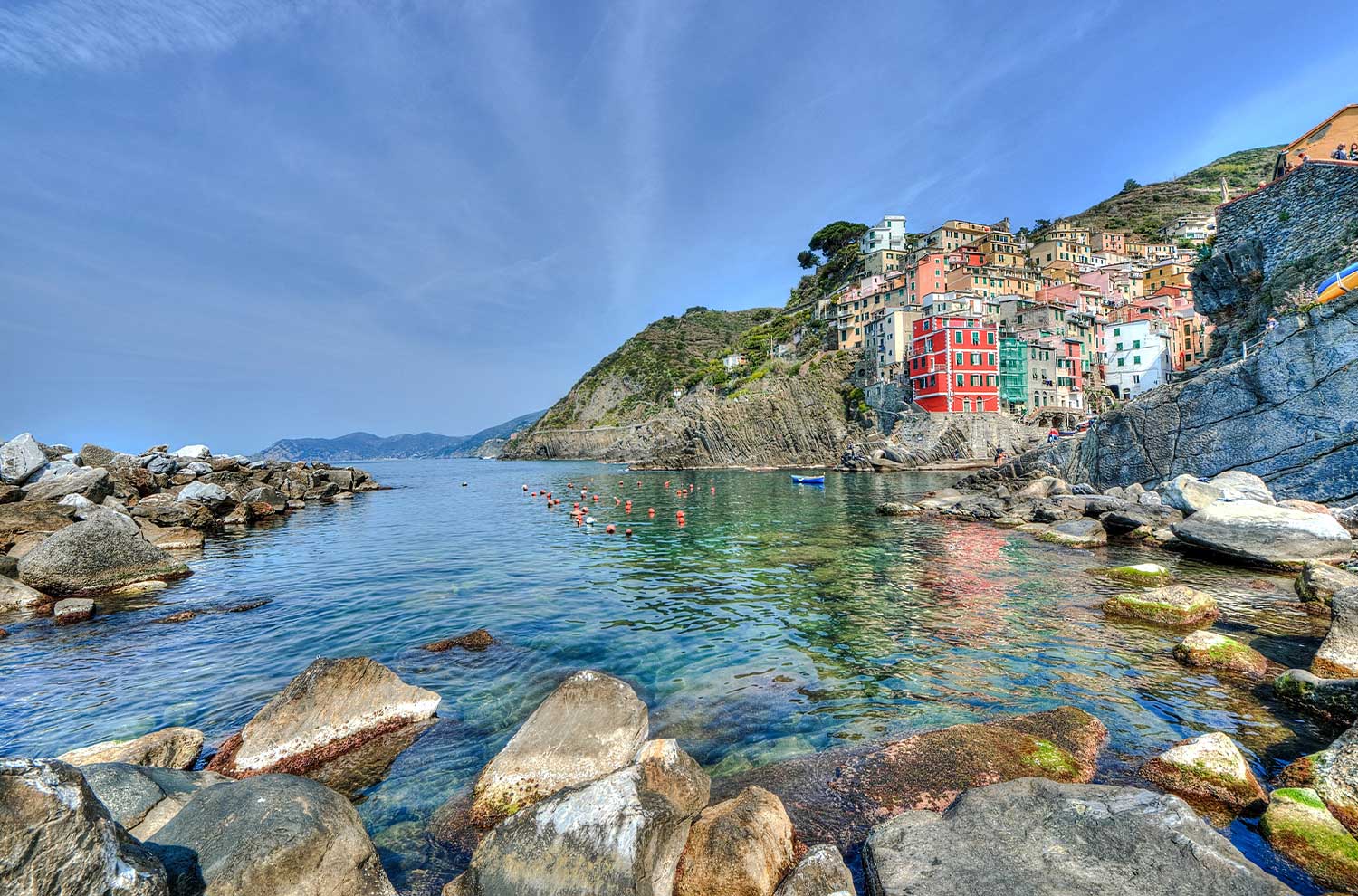The question on most people’s lips when thinking about purchasing a property in a foreign country like Italy is, do I need a lawyer or not? That’s the dilemma for many and one of the most frequently asked questions by overseas house hunters in the belpaese.
As a matter of fact, in some countries, such as UK, the transaction is made between lawyers. But in Italy, is such a person required? The answer is that − although not necessary − it is highly recommended to hire the services of an English speaking property lawyer as quite often the buying process could turn into a financial and bureaucratic nightmare if you’re not familiar with the Italian legal system.
That’s why, according to our experience, many buyers are more comfortable getting advice from a lawyer, who is independent and only has the best interests of the buyer in mind. If you purchase a property with the help of a real estate agent, remember that in many cases they could have agreements with trusted lawyers that can assist you, but in this case, if the lawyer is connected with the agent, how independent are they?
So how can a lawyer help you? We have asked Alessandro Clemente − solicitor specialized in property law and founder at Clemente Law Firm, www.clementelawfirm.com who provided us with the top 5 reasons why usually people ask for his assistance to ensure a smooth property transaction.
1. A lawyer is an independent professional who protects only you as the buyer
The Lawyer will represent the sole very best interest of the buyer being not being in conflict of interest with the seller, developer or real estate agent. On the contrary the estate agent represents both parties in the property buying process.
2. A lawyer can carry out the Legal Due Diligence on your behalf
Your Lawyer will carry out all the legal checks to make sure that there are no obstacles to the transfer of the ownership rights without any risk. On the other hand, the Legal Due Diligence can also show some information which might help maximize the contractual term and condition of the transaction: your Lawyer will know how best to use the information.
3. Highly specialised in property law and and buying process in Italy
Your Lawyer will also own a specific in-depth understanding and experience with the Italian property law and real estate industry; In fact, in Italy there are three stages of the buying process – Proposta di acquisto (Reservation offer), Contratto Preliminare di vendita (Preliminary contract) and Rogito (Deed of sale) − and they all involve signing legally binding paperwork. If you are not familiar with the Italian legal system he can help you avoid any unpleasant surprises.
4. He can help you overcome the language barriers
If you are not fluent in Italian, it will be easier to understand every step of the process through the detailed explanations of an English-speaking Italian Lawyer.
5. He can arrange a Power of Attorney
If needed, you can ask your Lawyer to sign on your behalf the essential documentation, so it is not necessary having to come to Italy for every stage of the process.
Recent News & Events
The purchase of prestigious properties represents a safe and profitable long-term investment. This type of property presents very peculiar characteristics that make it particularly recognizable; among the various, the uniqueness of the property shines clearly in terms of location, historical-artistic value, enviroment, architectural character/personality and - latest trend - energy efficiency. The attention to [...]
Short-term rentals are confirmed as a formidable weapon for making income from properties purchased as an investment. But the tax authorities are tightening their shirts to intercept the owners of second homes and transactions, so as not to lose this important piece of revenue. Meanwhile, with a Verdict issued at [...]
Italy can request withholding taxes on short-term rentals. This was stated by the EU Court which (partially) agreed with the Italian State deeming the law on short-term rentals introduced in 2017 to be legitimate. The European Court of Justice has declared that the Italy can request information and data on the leases made [...]
The short-term rental regime was introduced into our legal system with Legislative Decree no. 50 of 24 April 2017, in article 4. This is a particular form of tax regime dedicated to the rental of residential properties for a period not exceeding 30 days. The tax regime for short-term rentals applies [...]




